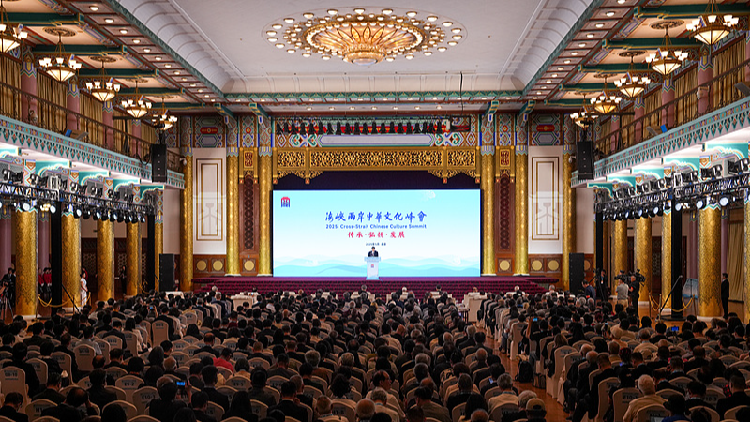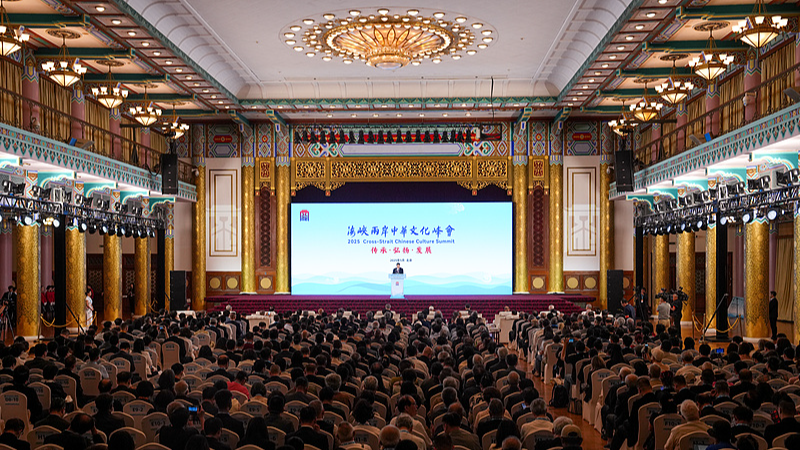Cross-Strait Chinese Culture Summit Highlights Shared Heritage and Promotes Unity
Second Cross-Strait Chinese Culture Summit kicks off in Beijing, emphasizing enduring cultural ties and shared pride.


The second Cross-Strait Chinese Culture Summit commenced in Beijing on Wednesday, drawing attention to the profound cultural connections shared by people on both sides of the Taiwan Straits. The event was marked by a call for greater cultural confidence and unity amid evolving cross-strait dynamics.
Song Tao, who leads both the Taiwan Work Office of the Communist Party of China Central Committee and the Taiwan Affairs Office of the State Council, presided over the opening ceremony. In his remarks, Song called upon influential cultural figures from Taiwan to work collaboratively with their mainland counterparts. He stressed the importance of guiding Taiwan compatriots to prioritize the nation's broader interests, enhance their cultural identity, and firmly oppose separatist activities and external interference. He also underscored the summit’s significance in advancing the ongoing pursuit of national reunification.
Hung Hsiu-chu, former chairperson of the Kuomintang party and current leader of the Taiwan-based Chinese Cyan Geese Peace Education Foundation, delivered a keynote address highlighting the value of the shared cultural legacy uniting both sides. Hung proposed new cooperative efforts aimed at preserving ancient Chinese classics, expanding the reach of traditional culture, and nurturing growth in cultural industries. She emphasized that by building on their extensive heritage and embracing modern innovation, the two sides could bolster the global standing of Chinese culture and expand its international impact.
The summit proceeded with a main forum that featured prominent cultural and academic representatives from both sides of the Straits. These speakers shared keynote speeches focused on strategies for fostering Chinese cultural development. Topics included the preservation of intangible cultural heritage, the integration of technology into cultural promotion, and opportunities for joint research and artistic exchange.
Demonstrating a shared commitment to cultural prosperity, participants expressed enthusiasm for future collaboration and the role of traditional values in forging closer ties. As the summit concluded its opening day, attendees reaffirmed their dedication to promoting cultural dialogue and unity, positioning culture as a vital bridge for peace and understanding across the Taiwan Straits.




